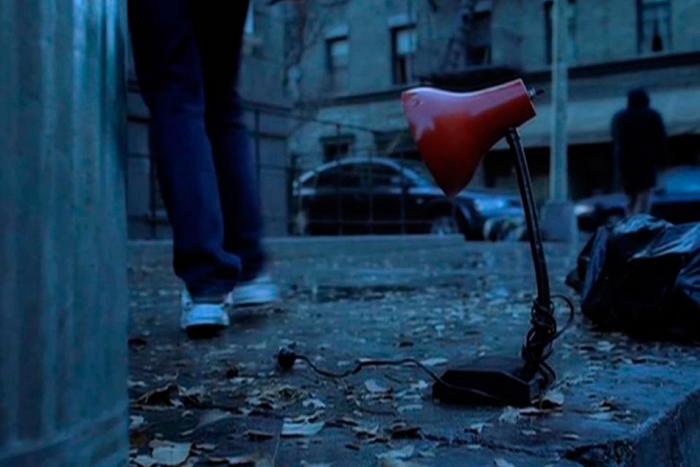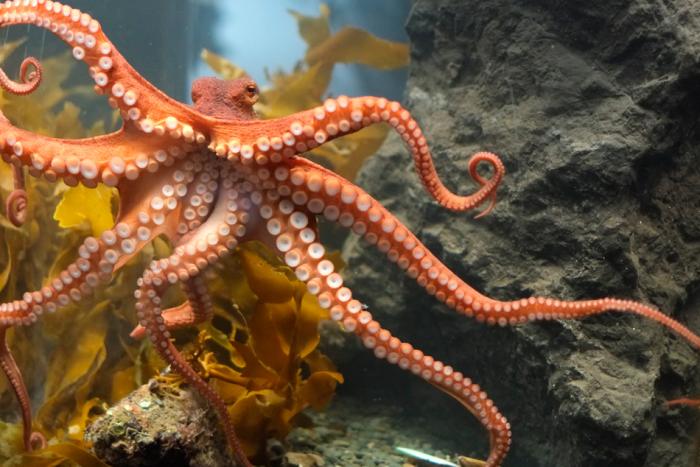In the summer of 1788, Pennsylvania’s Supreme Court Chief Justice Thomas McKean presided over a peculiar case. The facts in Republica v. Teischer were not in dispute; no one denied that the defendant had killed his victim (“maliciously, willfully, and wickedly,” according to the county court that had convicted Teischer). The only wrinkle in an otherwise straightforward case was the fact that the victim happened to be the defendant’s horse.
As Bill Leon Smith writes in an article published in the Journal of Animal Ethics, the case was entirely without precedent. This was, after all, a creature owned by the defendant. Was it not entirely within his rights to do what he pleased with the animal? Never before had anyone in the United States been convicted of animal cruelty. That the suffering of an animal could be consequential—that the pain of a beast could supersede the liberties of a human being—was far from a mainstream idea.
As Smith writes, Teischer’s trial happened at a moment when thinkers in the United States were attempting to determine exactly what values their young new republic would uphold. Two years earlier, Benjamin Rush, a Philadelphian physician and a signer of the Declaration of Independence, had argued in front of the American Philosophical Society that animal cruelty eroded a person’s moral sensibility. “I am so perfectly satisfied of the truth of a connection between morals and humanity to brutes, that I shall find it difficult to restrain my idolatry for that legislature, that shall first establish a system of laws, to defend them from outrage and oppression,” Rush said.
In his ruling, Justice McKean acknowledged the murkiness of the laws around animal cruelty, but he argued that the malicious killing of an animal was a “public evil” and “every act of a public evil example, and against good morals, was an offence indictable by the common law; and this principle affects the killing of a horse.” Teischer was found guilty, the horse received justice, and animals in America took their first steps towards some measure of legal protection.
Last week, more than two centuries after McKean’s ruling, another animal cruelty case attracted public attention. In the 12-second video at the centre of the case, 21-year-old Andre Robinson is outside of a housing project in Bedford-Stuyvesant, leaning over to attract a stray cat. As the animal approaches, sniffing Robinson’s fingers, Robinson suddenly kicks it in the chest, launching it high into the air. The cat flies over a fence and lands in the bushes while Robinson and his friends cackle with glee.
After Robinson uploaded the video to Facebook, the clip of the “Brooklyn cat kicker” went viral. Enraged animal rights activists tracked down Robinson, demanding jail time. They located the cat, now known as “King,” and arranged for its adoption. During Robinson’s trial this week, activists have packed the courtroom with signs calling for “Justice for King.”
“When I saw the video, I cried for two days. How is that entertainment? I just don’t understand his mindset. Evil walks among us,” secretary Shannon Krieger told the New York Post. Prosecutors haven’t offered Robinson a plea deal. The 22-year-old could find himself facing a year in jail—a far graver punishment than he would likely receive if he’d kicked another human being.
As Stephanie Clifford writes in the New York Times, Robinson’s trial comes at a time when the legal rights of animals are shifting once again. The NYPD recently created an Animal Cruelty Investigation Squad, and arrests for animal abuse have increased by 250 percent compared to last year. Authorities from Massachusetts to Texas are beginning to prosecute animal abuse more aggressively. This month, the FBI announced it will begin treating animal cruelty as a top-tier felony. Rather than just listing it as “other,” animal abuse will now be tracked in the same way as homicides and assaults.
As in McKean and Rush’s time, the most persuasive arguments against animal cruelty have come by emphasizing the connection between violence against animals and greater moral failings. Sherry Ramsey, the director of animal cruelty prosecutions for the Humane Society of the United States, told the Times that a lot of the new prosecutions for animal abuse are “based on what we know now about the link between animal cruelty and human violence.”
Animal rights activists point to studies that show cruelty to animals may be a “red flag” for other criminal behaviours. A psychiatric study from 2005 found that children described as cruel to animals were more than twice as likely as other children to commit a violent offense. A 2011 study found that Swiss teenagers who were cruel to animals committed vandalism and other delinquent acts more frequently than their peers. People who were cruel to animals were found to exhibit sadistic tendencies in general.
The argument that we should prosecute someone for a minor crime now to prevent himfrom committing a more serious offense down the road is obviously problematic. And in the Robinson case, there is an undeniable racial tension that comes when a group of mostly white, middle-class animal rights activists angrily demand the imprisonment of a young black man.
Beyond these issues, the case reveals the vast cultural differences and strange hypocrisies that define our current attitudes towards animals. We are at a place where lawyers can argue that chimpanzees should be granted legal personhood while we simultaneously consume platefuls of factory-farmed meat. On the “Justice for King” Facebook page—12,000 likes and counting—commenters alternate between demanding jail time for Robinson and yelling at interloping vegans who dare to push their own animal-rights agenda. The legal rights of animals have changed significantly since a man was first tried for killing his horse, but we are still deeply conflicted about our obligations to the animals around us.
According to the New York Daily News, while leaving the courtroom last week, someone asked Robinson if he’d like to apologize to King. As he mumbled yes, his incredulous mother turned to the questioner:
“You want him to apologize to a cat?”






